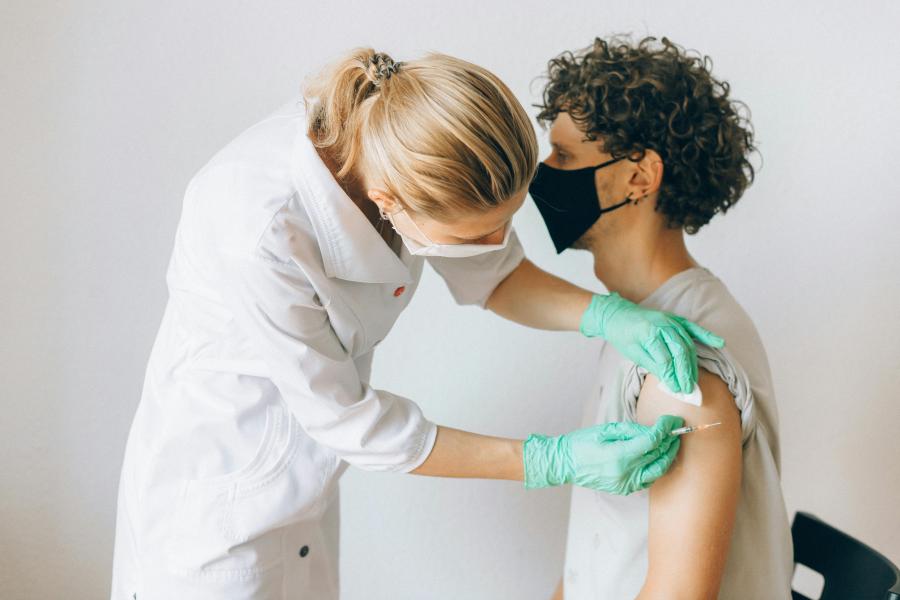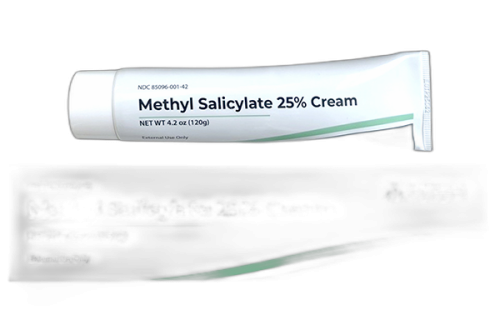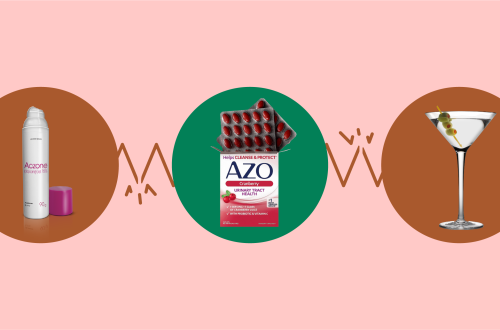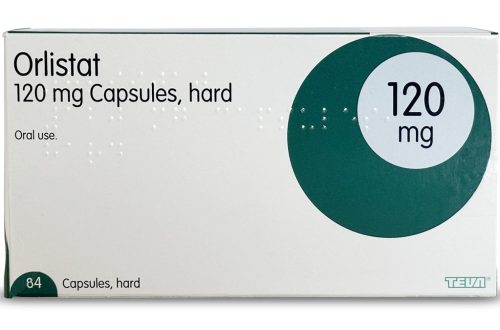Introduction
Vaccines have revolutionized public health by drastically reducing the spread of once-deadly diseases. Among the most important is the MMR vaccine, which protects against measles, mumps, and rubella—three highly contagious viral infections.
With recent outbreaks of measles in parts of the world, there has been renewed attention on the MMR vaccine. This article explores how the MMR vaccine works, its safety and effectiveness, and why widespread immunization is critical for herd immunity.
What Is the MMR Vaccine?
The MMR vaccine is a combination vaccine that protects against:
- Measles: Causes fever, rash, cough, and can lead to pneumonia, brain swelling, or death.
- Mumps: Leads to swollen salivary glands, fever, and complications like meningitis or infertility.
- Rubella (German measles): Mild in children, but dangerous during pregnancy, possibly causing birth defects.
The vaccine contains live, weakened forms of the viruses that trigger the immune system to build lasting protection without causing disease.
Vaccination Schedule
The MMR vaccine is typically given in two doses:
- First dose: 12–15 months of age
- Second dose: 4–6 years of age (before school entry)
Adults born after 1957 who haven’t been vaccinated or had the diseases may also need the MMR vaccine, especially if they:
- Travel internationally
- Work in healthcare
- Are students in post-secondary institutions
- Are exposed during an outbreak
How Effective Is the MMR Vaccine?
- Measles: 93% effective after 1 dose; 97% after 2 doses
- Mumps: About 88% effective after 2 doses
- Rubella: About 97% effective after 1 dose
Immunity is usually lifelong after the full two-dose schedule.
Is the MMR Vaccine Safe?
Yes. The MMR vaccine has been used for over 50 years and has a proven safety record. Millions of doses are administered annually with minimal serious adverse effects.
Common, mild side effects:
- Fever
- Mild rash
- Swelling of glands
- Temporary joint pain (more common in adults)
Rare, serious side effects:
- Febrile seizures (fever-related, not dangerous long-term)
- Severe allergic reactions (very rare, estimated 1 in a million)
What about autism?
The claim that MMR causes autism is a myth. The study that first suggested this has been discredited and retracted, and dozens of large-scale studies have found no link between MMR and autism.
Why Is the MMR Vaccine So Important?
1. Preventing Outbreaks
Measles, mumps, and rubella can all spread rapidly in unvaccinated communities. Measles is so contagious that up to 90% of unvaccinated people exposed will become infected.
2. Protecting Children and Vulnerable Groups
Complications from these diseases can be severe, especially for:
- Infants too young for vaccination
- Pregnant individuals (rubella can cause miscarriage or birth defects)
- People with weakened immune systems
3. Eradicating Diseases
Widespread vaccination has eliminated endemic rubella in many countries and drastically reduced measles and mumps cases.
Herd Immunity: The Collective Shield
Herd immunity occurs when a high percentage of a community is immune to a disease, making its spread unlikely—even among those who can’t be vaccinated.
To achieve herd immunity for measles, around 95% of the population needs to be vaccinated. This protects:
- Newborns
- People with medical conditions preventing vaccination
- Immunocompromised individuals
Without herd immunity, even a single imported case can trigger an outbreak in under-vaccinated areas.
What Happens When MMR Coverage Drops?
Declining vaccination rates have led to a resurgence of measles in several countries, including the U.S., U.K., and parts of Europe. Many of these outbreaks were linked to:
- Vaccine misinformation
- Hesitancy driven by false claims
- Gaps in healthcare access
These outbreaks serve as warning signs: low vaccine coverage puts entire communities at risk.
MMR Booster and Special Circumstances
A third MMR dose may be recommended during mumps outbreaks, especially for college students or young adults in close living quarters.
Pregnant women who are not immune to rubella should get vaccinated after delivery to protect future pregnancies.
Conclusion
The MMR vaccine is a safe, effective, and essential tool in the fight against measles, mumps, and rubella. It not only protects individuals but also strengthens communities through herd immunity. In a world where misinformation spreads as fast as viruses, choosing vaccination is an act of science-based responsibility—one that saves lives.
FAQs:
Can adults receive the MMR vaccine?
Yes. Adults born after 1957 who are unvaccinated or unsure of their status can and should get the MMR vaccine, especially if they’re at higher risk.
How long does protection from the MMR vaccine last?
Usually lifelong after two doses. However, immunity may wane for mumps, and a third dose may be needed in outbreak settings.
What if I don’t remember being vaccinated?
If there’s no record, it’s safe to get another dose. There’s no harm in receiving an extra MMR shot.
Can someone with a weakened immune system get the MMR vaccine?
Generally, no. People with weakened immunity should avoid live vaccines and rely on herd immunity for protection.
Does the MMR vaccine contain mercury or harmful additives?
No. The MMR vaccine does not contain thimerosal (mercury) or other toxic substances. It is thoroughly tested and monitored for safety.






